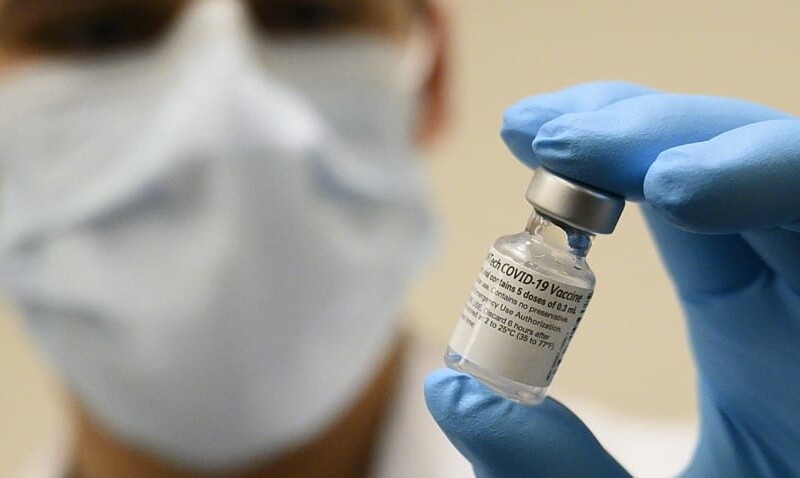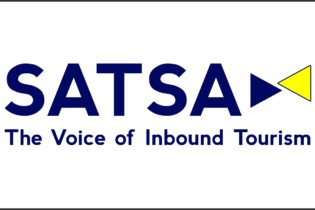While roughly 4.8 million people in America and over half a million in the UK have received a Covid-19 vaccine to date, President Cyril Ramaphosa announced on 28 December 2020 that South Africa would only start rolling out its vaccination programme in the second quarter of 2021.
Update: Subsequent to the publication of this article, Minister Zweli Mkhize announced that South Africa’s health workers will receive the AstraZeneca Covid-19 vaccine by February 2021. You can read his full statement here.
FEDHASA has responded to this news by urging government to prioritise Covid-19 vaccinations locally. The Federated Hospitality Association of South Africa argues that a delay in doing so will make South Africa an unappealing tourism destination, which will harm the recovery of the sector – and the many jobs that rely on it.
“We cannot afford not to prioritise this very action that could save hundreds of thousands of livelihoods which hang in the balance.”
“We need to bring South Africa in line with other countries that have already started this process so that the destination can be considered internationally viable. It is our view that travel will only return to some level of normality and by implication our tourism and hospitality sector can only begin its recovery when we start rolling-out the vaccine programme in South Africa in earnest. There simply is no other option but to fast track the vaccine programme,” says Rosemary Anderson, FEDHASA Chairperson.
“Our tourism and hospitality industry continues to be incredibly hard hit by the negative impact of Covid lockdowns. We cannot afford not to prioritise this very action that could save hundreds of thousands of livelihoods which hang in the balance,” she adds.
The UK started administering the Oxford/AstraZeneca vaccine this month, a vaccine that has been tested locally. Rosemary adds that this new vaccine presents an opportunity for South Africa to potentially secure vaccines sooner than anticipated. The Oxford/AstraZeneca vaccine has the advantage of being more affordable than the Pfizer and Moderna ones, at an expected $2.18-$4 per dose compared to $14.71-18 for Pfizer and $15-18 for Moderna. (All three vaccines require two doses.) It can also be stored at a normal fridge temperature, which makes its distribution easier and more affordable. Additionally the production of the Oxford/AstraZeneca vaccine is expected to outstrip the combined number of Pfizer and Moderna vaccines, at 3 billion units by the end of 2021 compared to 2 billion.







